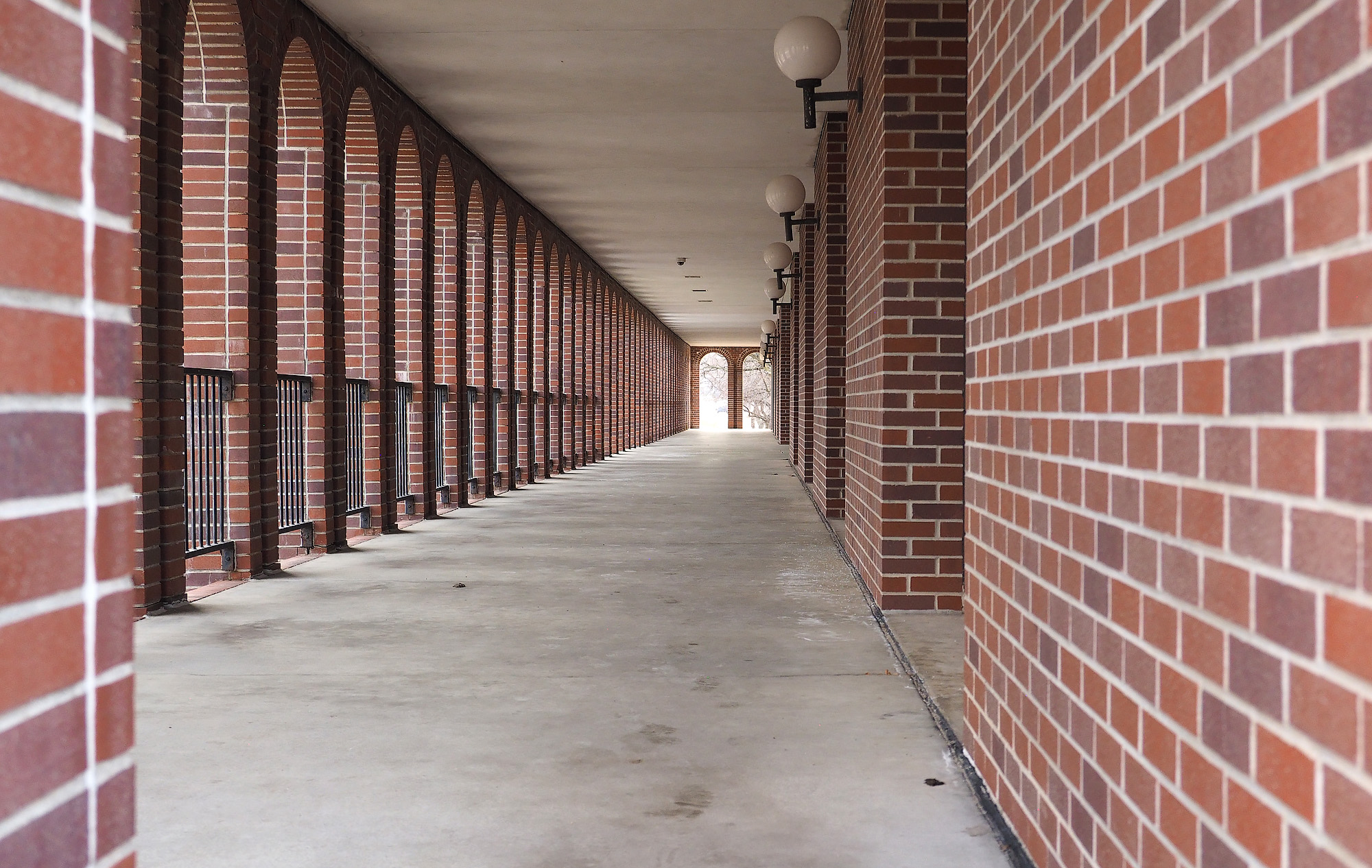Iowa lawmakers miss K-12 school funding deadline, leaving districts ‘flying blind’
By Robin Opsahl, Iowa Capital Dispatch
Education advocates last week urged Iowa lawmakers to set the funding rate for public schools quickly to help school districts budget for the upcoming school year amid other potential education funding changes.
The Legislature failed to meet its deadline last week for setting the Supplemental State Aid (SSA), the per-pupil state aid for K-12 public schools. Lawmakers have a self-imposed target to pass SSA for the upcoming year within 30 days of the governor releasing their proposed budget — a date that passed Thursday, Feb. 8.
Sen. Herman Quirmbach, D-Ames, criticized the Republican-controlled Legislature for missing “the deadline for missing deadlines.” While the Senate Education Committee approved a shell bill for the education funding rate that waived the 30-day deadline, the bill has not passed the full Senate. House lawmakers have not released an SSA bill.
“Republicans’ refusal to set public school funding levels has real consequences for districts all across Iowa,” Quirmbach said in a statement. “School districts face early March deadlines for publishing their budgets. Without certainty on the state’s funding commitment, schools are flying blind: they cannot craft budgets or make key hiring and program decisions.”
There is no penalty for missing the deadline.
In a subcommittee meeting on the Senate SSA bill, Sen. Lynn Evans, R-Aurelia said other education policy proposals, including Gov. Kim Reynolds’ bill changing Area Education Agencies, may have an effect on the state’s education appropriations budget, which could in turn impact per-pupil funding.
“The governor has made her recommendation, 2.5%, that’s the starting point for negotiation,” Evans said in the meeting. “And as we settle some of these other things, I’m anticipating that number will change.”
While the governor’s budget proposed a 2.5% increase in SSA funding, the Iowa State Education Association recommended a 4% minimum increase.
Melissa Peterson, the ISEA legislative and policy director, said the recommendation comes as schools are dealing with rising costs of labor and materials, but also potential new costs for services that were previously provided by Iowa’s AEAs. An amended version of the legislation would allow the agencies to continue to provide general education services and media services to school districts as requested, with approval by the Iowa Department of Education.
Funds for special and general education would go directly to school districts under the Reynolds’ proposal. Districts would decide whether to continue working with AEAs or to hire employees and contract with private companies to provide those services. Media services could still be requested, but school districts would pay for them using their general education funding.
Though the amended bill passed in a Senate subcommittee, it did not advance in the House. Senators said discussions will continue on the governor’s AEA plan, but did not specify what further changes may involve.
Peterson said the uncertainty about the future of the AEA proposal, combined with the lack of updates on SSA funding, has put school districts in a difficult position while budgeting for the 2024-2025 school year.
“How do we know how much we get to spend on all of those services if we don’t know what the function of AEAs are going to look like, and if we don’t know what SSA rate will be?” Peterson said.
School districts are currently in the process of budgeting, with proposals due March 15 for the upcoming year.
Last year’s property tax law also requires school districts to provide notice to county governments of their projected budget and potential property tax increase, meaning that school district’s deadline to submit a budget plan will be in March, Peterson said.
As school districts prepare next year’s budget, having no set SSA funding combined with other changes means schools will have to move forward with plans accounting for potential shortfalls in funding, Peterson said. This could mean cuts to staffing and classes that are not required by state or federal law, she said.
“They have a responsibility to let people know to prepare,” Peterson said. Without legislative funding proposals, she said districts may have to make decisions “despite not knowing the exact level of investment they will have.”
Senate and House Republicans have said they’re working through other education policy proposals — like the AEA changes and increase to teacher pay — before releasing a funding plan.
Democratic legislative leaders, in a news conference Thursday, criticized Republicans for focusing on “culture war” issues over school funding in recent weeks.
— Iowa Capital Dispatch is part of States Newsroom, a nonprofit news network supported by grants and a coalition of donors as a 501c(3) public charity. Iowa Capital Dispatch maintains editorial independence. Contact Editor Kathie Obradovich for questions: info@iowacapitaldispatch.com. Follow Iowa Capital Dispatch on Facebook and Twitter.









Social Share